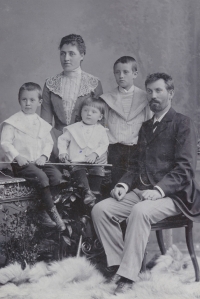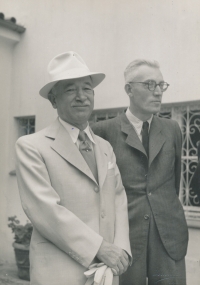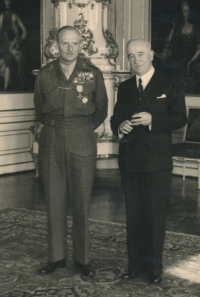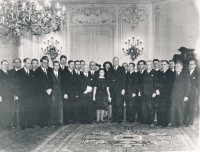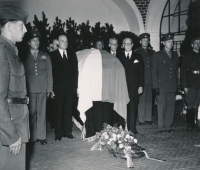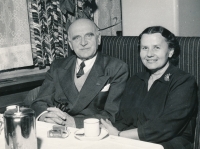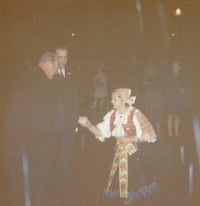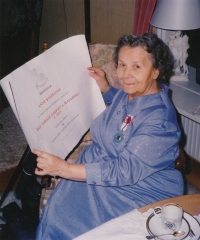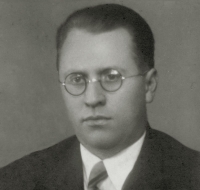We should have eliminated the Communist Party
Stáhnout obrázek
Jaromír Matouš was born on 4 March 1943 in Prague. After the war, his father, Bohuslav Matouš, became the head of the political archive in the office of Edvard Beneš. He also assisted the President in writing his memoirs. The Matouš family was in close contact with the Beneš family. After 1948, his mother‘s sister, Anna Kvapilová, emigrated to Norway. After the death of Edvard Beneš, Bohuslav Matouš worked at the J. A. Comenius Pedagogical Library and the Historical Institute of the Czechoslovak Academy of Sciences. In 1953, his father was arrested by the State Security Service (StB). He was sentenced to eight years imprisonment for treason. He was released early in 1959. After completing his primary education, Jaromír Matouš wanted to enrol in a grammar school, which the regime did not allow him to do. Eventually, in 1960, he took an apprenticeship at the national enterprise Printer Works Svoboda [Freedom - transl.]. In 1962-1964, he served his basic military service in Litoměřice. In 1965-1977, he studied at the Higher School of Graphic Arts. During socialism, he was friends with Hana Benešová, Prokop Drtina and Antonia Kleinerová. During the Velvet Revolution, he participated in demonstrations and founded the Civic Forum (OF) in the printing house where he worked. In 2023, he lived in Prague.
